Hyphen-Labs – What does the future look like? Public Interest Tech

Transcript
Carmen Aguilar Y Wedge: Hyphen-Labs, take one.
Ece Tankal: Take two.
[Ashley Baccus-Clark, member of Hyphen-Labs, a Black woman with locs wearing a jean jacket.]
Ashley Baccus-Clark: We are an international team of women of color, creating art, cognitive impact research, and different forms of media.
[Ece Tankal, member of Hyphen-Labs, a Turkish woman with long wavy hair, wearing a short sleeve white button down shirt.]
Ece Tankal: We use the pillars of the art, which is an imagination and fantasy, and show people how they can use the technology to start imagining new ways of being.
Ashley Baccus-Clark: When you see virtual reality you don’t really see, you know, stories about women or about women of color, specifically, and it can seem like we don’t belong in that space.
[Carmen Aguilar Y Wedge, member of Hyphen-Labs, a Latinx woman with short curly hair, wearing a white t-shirt with a solid blue box on the front.]
Carmen Aguilar Y Wedge: In using virtual reality, we’re really pulling from our own experience to further a narrative that can also question what our future looks like.
Ashley Baccus-Clark: NeuroSpeculative AfroFeminism—it’s a multiplatform storytelling experience. And one piece of it is virtual reality, where we place our audience inside of the body of a young black avatar and put them into a reimagined hair salon. And there, instead of getting their hair done, they’re getting their brain optimized.
[VR goggles take us into a hair salon in a dark virtual world, a Black woman with short blue hair and a fitted zebra-striped outfit walks by a purple leopard print curtain. Twelve connected vintage hair dryer domes hang from the ceiling like a chandelier, each with mechanical tentacles flowing off the ends.]
Ece Tankal: We’re trying to ignite a spark in people’s minds—there’s not only one way of living.
[A dark neon glowing virtual world. Three VR deities stand upon a columned stage and relay a message.]
Deities: You are free from the constraints that have been placed on you throughout reality. There is no pain or suffering in this world. The only limit is your imagination. This is a blank slate.
Carmen Aguilar Y Wedge: Public interest technology is something that we’re constantly thinking about because it’s our communities and our families that are also being neglected when it comes to how people are thinking about technology.
Ashley Baccus-Clark: We have to encourage more and more people to experiment.
Ece Tankal: It could be a VR. It could be a mobile app. But everybody should be having a say in the creation of the technology.
Ashley Baccus-Clark: We want to see more people who look like us in the room, sitting around the table—and as we do that, bring people up with us.
Carmen Aguilar Y Wedge: I call other people who are not public interest technologists to look into what it would take for them to make that part of who they are.
Ashley Baccus-Clark: The future is ours to create and we all are important and we all have a responsibility to make sure that we are included in this future.
[Returning to the virtual hair salon, a virtual voice gives instructions.]
VR voice: Here are the coordinates to your next modulation session. We’ll see you there!
[This is tech at work for the public! Hashtag Public Interest Tech. Ford Foundation dot org forward slash tech. Ford Foundation logo: a globe made up of a series of small, varied circles.]
Accessibility Statement
- All videos produced by the Ford Foundation since 2020 include captions and downloadable transcripts. For videos where visuals require additional understanding, we offer audio-described versions.
- We are continuing to make videos produced prior to 2020 accessible.
- Videos from third-party sources (those not produced by the Ford Foundation) may not have captions, accessible transcripts, or audio descriptions.
- To improve accessibility beyond our site, we’ve created a free video accessibility WordPress plug-in.
Technology can help us envision new ways of living. Public interest technologists and artists can play a part in showing us just what technology is capable of doing. But for tech to be truly inclusive, everyone needs to have a say in how it’s created.
Artist collective Hyphen-Labs, an international team of women of color, created Neurospeculative Afrofeminism, a multi-platform storytelling experience that places audiences inside the body of a young black avatar. Hyphen-Labs’s work presents an imaginative look at the future of tech, while encouraging marginalized communities to experiment with technology.
The artists want to encourage people to experiment, as they do, in using virtual reality and pulling from their own experiences to further a narrative that can question what our future looks like.
Hyphen-Labs are part of a larger community that wants to see technology serve the greater welfare of society. We call this Public Interest Tech.
Other videos in this series
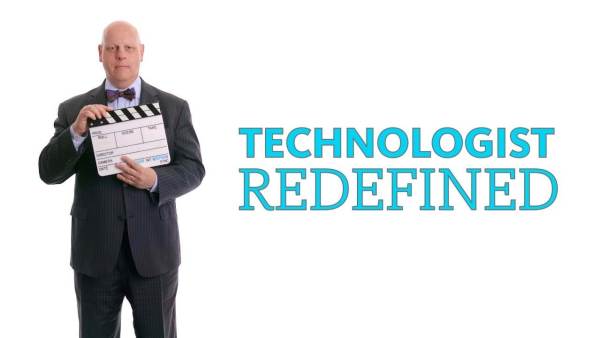
Danny Weitzner – Privacy and policy: a new school of thought. Public Interest Tech
Privacy is fundamental to our lives. Unanswered public policy questions raised by new technologies need to be addressed. Danny Weitzner, from the Massachusetts Institute of Technology (MIT), says as a society, we have to be directly engaged in these public interest technology questions to ensure new tools support human values.
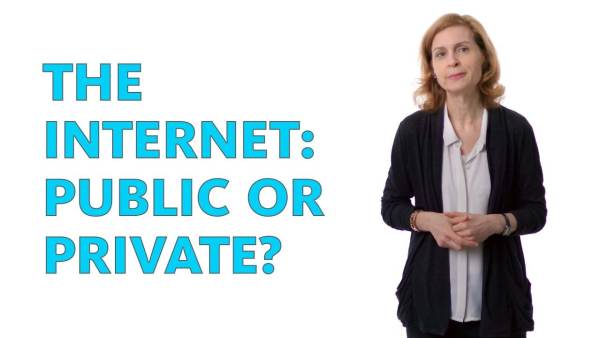
Susan Crawford – The internet: public or private? Public Interest Tech
Internet access is an indispensable factor when it comes to opportunities and resources needed for economic mobility. Public interest technologist Susan Crawford says government regulation is necessary to ensure provider incentives align with the public’s best interest and help create a better future for all.

Michelle Miller – A new age of advocacy. Public Interest Tech
Workers can use tools of the internet to push for better working conditions and outcomes, building a future of work that works for all. Michelle Miller, co-founder of coworker.org, focusses on building digital communities that put the power of numbers in the hands of the workforce.

Kade Crockford – Can computers discriminate? Spoiler alert: yes. Public Interest Tech
The age of automated decision making, through algorithms, can exacerbate inequalities in society. The ACLU’s Kate Crockford believes we need to bring technologists into the public interest fold to address this worrying issue. Lawyers like Crockford play an important part in ensuring digital technologies work for the benefit of all.

Joy Buolamwini – Fighting the “coded gaze:” How we make artificial intelligence benefit all. Public Interest Tech
The automation of how computers detect, classify, and identify faces can favor some races and genders over others and also deepen existing inequalities. Public interest technologist Joy Buolamwini is building tools to help researchers code in a more inclusive way.
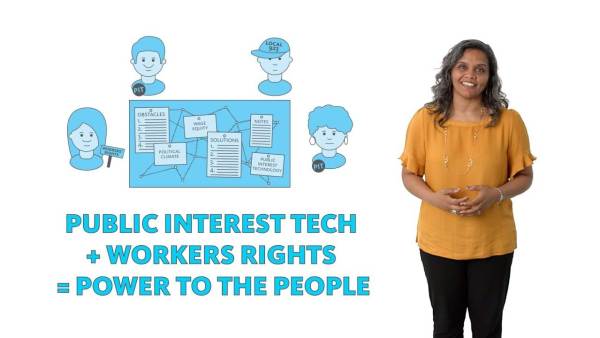
Sarita Gupta – The future of work(ers) rights! Public Interest Tech
Technology can help build a future of work that works for all. Sarita Gupta from Jobs with Justice explains how we can use technology to improve workers’ lives. Public interest technologists and social change leaders need to come together to design systems and tools that benefit all.
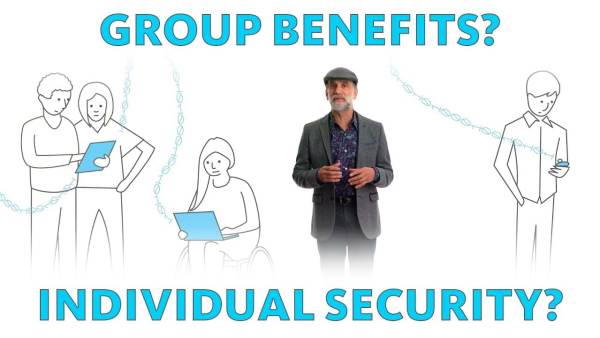
Bruce Schneier – How to survive in a hyperconnected world. Public Interest Tech
Cybersecurity expert Bruce Schneier says we need to find innovative ways to use surveillance data for the public good, while still maintaining our individual security. Tech decisions have policy ramifications, and policy decisions have tech ramifications—bridging the two worlds benefits everyone.
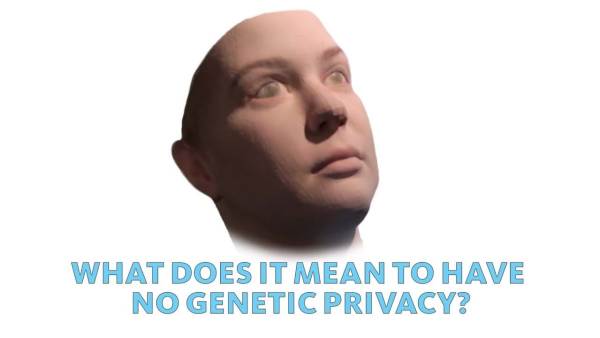
Heather Dewey-Hagborg – What can your genetic portrait tell the world? Public Interest Tech
Through her work, artist Heather Dewey-Hagborg asks deep questions about technology and how it functions and impacts society. She says we need to make the hidden world of biotechnology more visible to people, acknowledging its shortcomings and nuances to help ensure genetic privacy.
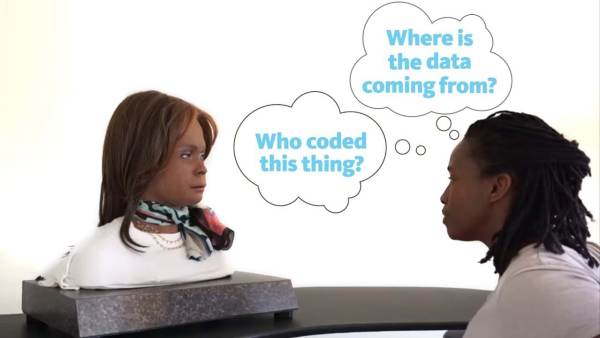
Stephanie Dinkins – Conversations with a robot. Public Interest Tech
There is implicit bias in artificial intelligence (AI). Artist Stephanie Dinkins wants data scientists and technologists to think about the ethical implications of AI and how better systems can be built for the future. Her work questions what machines are doing and why, so they can be more equitable and fair.
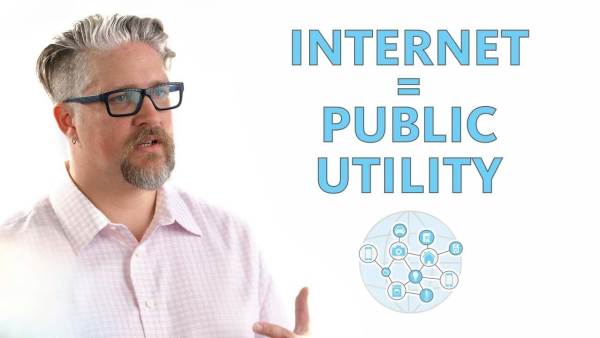
Éirann Leverett – Calling all hackers for good. Public Interest Tech
The internet is a shared safe space and should remain so. Éirann Leverett believes hacking can be used for public good. He maintains the issue of privacy and security should be seen as a consumer rights issue, and the internet should be treated as a public utility.
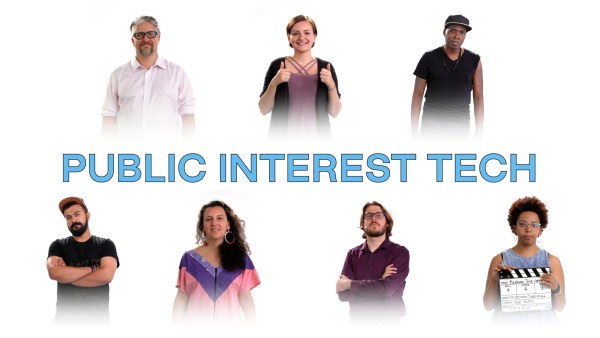
What is Public Interest Tech?
As it rapidly grows and changes our lives, technology can deepen existing inequalities in our world. For it to make a positive difference, public interest technologists work to ensure new and existing tech helps dismantle inequality and benefit the social good.
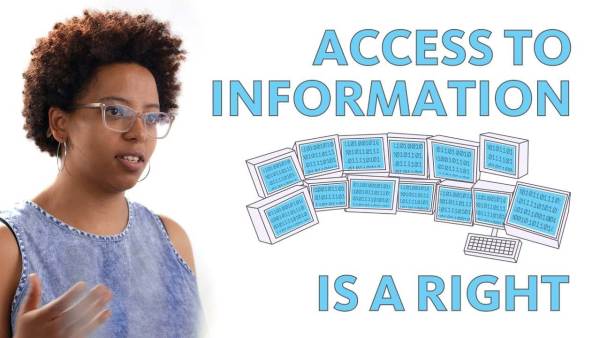
Berhan Taye Gemeda – Uncensored. Public Interest Tech
Censorship and online surveillance decrease opportunities for civic engagement. Social justice activist Berhan Taye Gemeda says access to the internet is a right, and she believes the internet should be governed by the public because it was created for the public. Accessible internet is essential for social change.
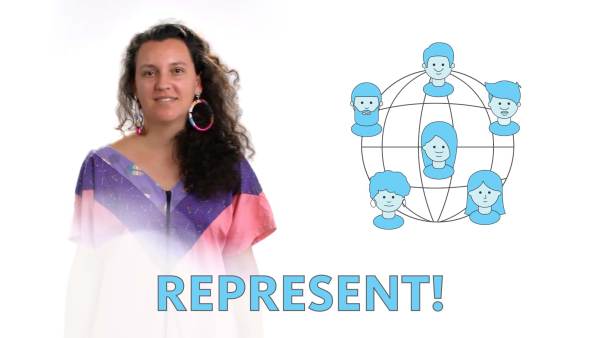
Steffania Paola Costa di Albanez – Who gets to make technology? Public Interest Tech
In the fight for equality, the way technology is developed should be a key issue. Open Web Fellow Steffania Paola Costa di Albanez says developers should reflect the diversity of those who use technology and represent a wide variety of user experiences, from women to Black women.
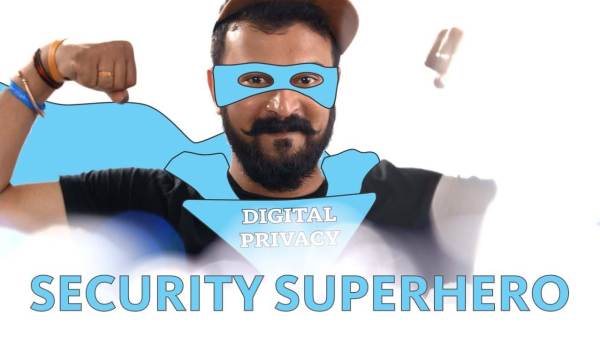
Sid Rao – My digital superpower. Public Interest Tech
Internet users don’t know how their metadata is being used or exploited for monetary or tracking purposes. Open Web Fellow Sid Rao aims to give people the tools to protect their digital privacy by knowing how their internet activities are being monitored.

Meet the future of tech. For good. Public Interest Tech
Public interest technologists show us how tech can work for social good and help fight inequality. They work to bridge the gap between what technologies are trying to build and what social scientists are trying to solve.
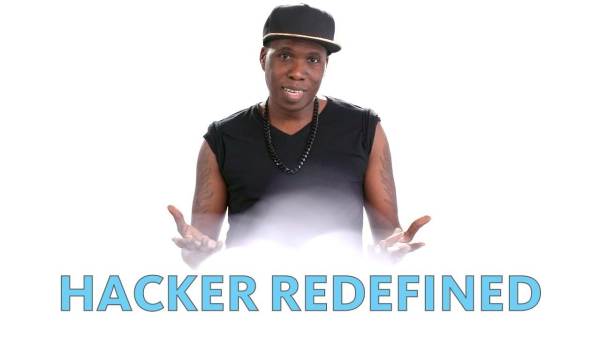
Matt Mitchell – I’m a hacker. For good. Public Interest Tech
Organizations need to be proactive in protecting themselves from digital threats. Hacker Matt Mitchell says it’s not a matter of if you will be hacked as an organization, it’s a matter of when. Having an understanding of these digital threats and planning before problems occur is vital.
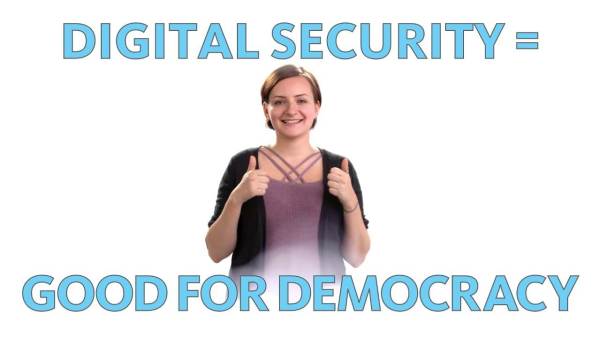
Jennifer Helsby – Digital security = good for democracy. Public Interest Tech
Having a free and open internet allows every person to read and speak freely online. Open Web Fellow Jennifer Helsby works to uphold freedom of the press and digital security, which are essential for journalists to maintain democracy.
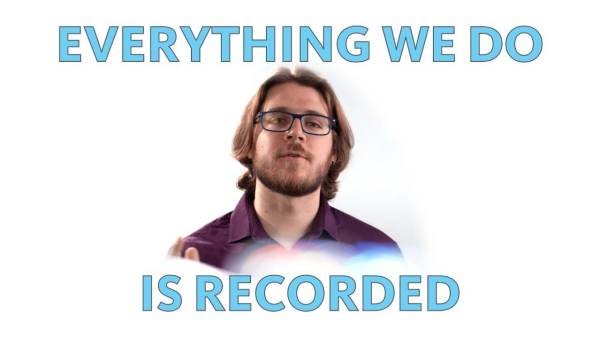
Etienne Maynier – Are these 5 tools in your organization’s digital security toolbox? Public Interest Tech
Fighting for a society that’s more equal means upholding the individual right to privacy. Etienne Maynier explains that digital surveillance is a pressing threat that feeds inequality. Protecting ourselves and our information is an important part of using technology to create a better society for all.